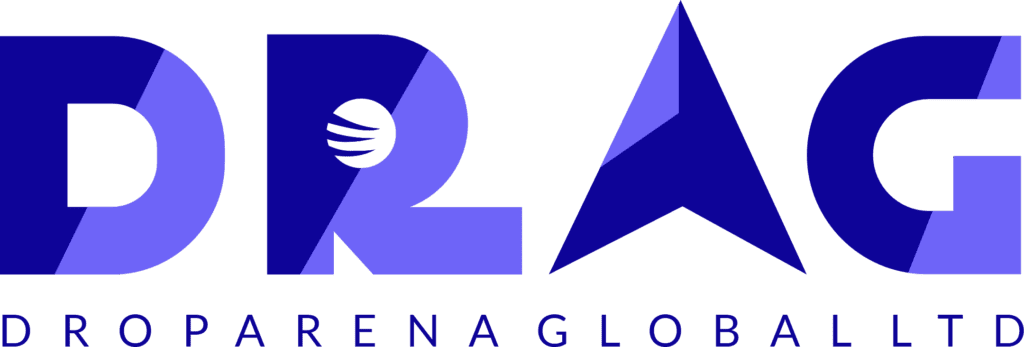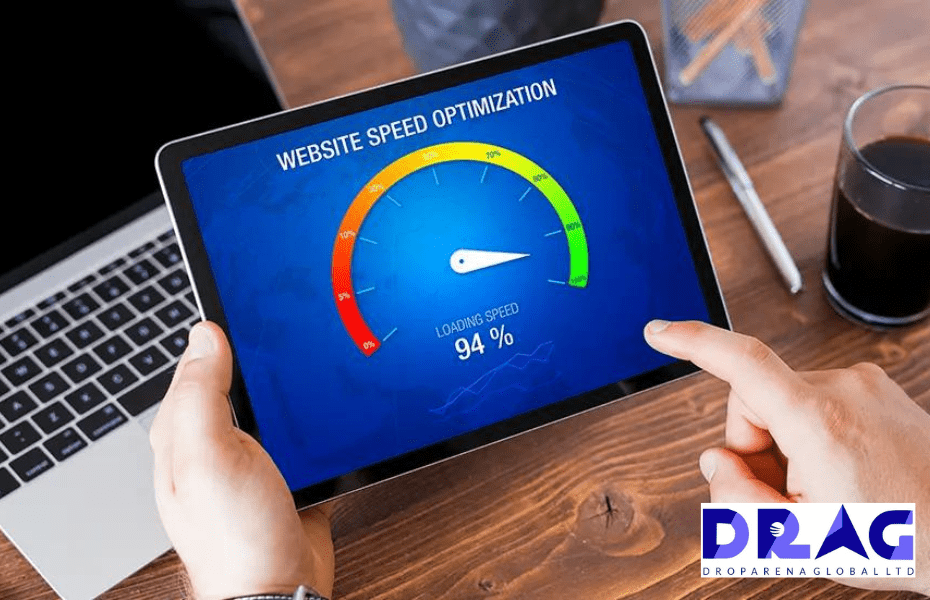In the fast-paced digital world, website speed is more than just a technical metric—it’s a critical factor that directly influences user retention and conversion rates. As attention spans shrink and users grow increasingly impatient, a slow-loading website can lead to lost opportunities and dissatisfied visitors. In this article, we’ll explore how website speed affects user behavior and discuss strategies to optimize your site for maximum impact.
1. The Importance of First Impressions
Website speed plays a vital role in creating a positive first impression. Research shows that users form an opinion about your site within seconds. If your website takes too long to load, visitors may leave before they even see your content. Here’s how speed impacts first impressions:
- Instant Gratification: In an era of instant access, users expect websites to load in under three seconds. If your site exceeds this threshold, you risk frustrating visitors, which can lead to higher bounce rates.
- Perceived Value: A fast website conveys professionalism and reliability. Users are more likely to associate speed with quality, influencing their perception of your brand and offerings.
2. User Experience and Engagement
Speed is a fundamental component of user experience (UX). A seamless experience encourages users to explore your site further, while delays can lead to frustration. Here’s how speed impacts user engagement:
- Reduced Bounce Rates: When a website loads quickly, users are more likely to stay and interact with your content. A fast-loading site keeps visitors engaged, reducing bounce rates and increasing the likelihood of conversions.
- Enhanced Navigation: Speed affects how smoothly users navigate through your site. If pages load quickly, users are more likely to browse multiple pages, view products, and explore services, all of which contribute to higher engagement and retention.
3. Impact on Conversions
Website speed is directly linked to conversion rates. A delay in loading can have a significant impact on your bottom line. Here’s how speed influences conversions:
- Cart Abandonment: In e-commerce, slow-loading pages can lead to cart abandonment. According to studies, even a one-second delay can result in a significant percentage of users abandoning their purchases. Ensuring a smooth and fast checkout process is crucial for maximizing sales.
- Lead Generation: For service-based websites, speed affects lead generation forms. If users encounter delays when submitting forms, they may abandon the process altogether. A quick-loading site increases the likelihood of form completions and inquiries.
4. SEO Implications
Website speed is also a crucial factor in search engine optimization (SEO). Search engines like Google consider page speed as a ranking factor, meaning that a slow site can negatively impact your visibility in search results. Here’s how speed affects SEO:
- Higher Rankings: Faster websites tend to rank higher in search engine results pages (SERPs). This increased visibility leads to more traffic, which can further enhance user retention and conversions.
- Improved User Signals: Search engines analyze user behavior signals, such as bounce rates and time spent on site. A fast website that keeps users engaged can lead to positive signals, which can boost your SEO performance.
5. Strategies to Improve Website Speed
Optimizing your website for speed doesn’t have to be complicated. Here are some effective strategies to enhance your site’s performance:
- Optimize Images: Large image files can slow down your website. Use compression tools to reduce file sizes without sacrificing quality. Consider using next-gen formats like WebP for better performance.
- Leverage Browser Caching: Caching allows browsers to store a version of your website, reducing load times for returning visitors. Implementing browser caching can significantly improve the user experience.
- Minimize HTTP Requests: Reduce the number of elements on your pages to decrease HTTP requests. Combine CSS and JavaScript files and limit the use of external scripts where possible.
- Choose a Reliable Hosting Provider: Your web hosting service plays a crucial role in speed. Choose a provider known for reliability and fast load times to ensure optimal performance.
Conclusion: Speed Matters
Website speed is not just a technical detail; it’s a vital aspect of user retention and conversion rates. By prioritizing speed, you can create a more enjoyable user experience, enhance engagement, and drive higher conversions. As the digital landscape becomes increasingly competitive, optimizing your website for speed is essential for standing out.
Ready to supercharge your website’s speed and performance? Contact us at DRAG to learn how we can help you create a fast, efficient website that retains users and boosts conversions. Don’t forget to follow us on LinkedIn and Twitter for more tips on improving your online presence!

